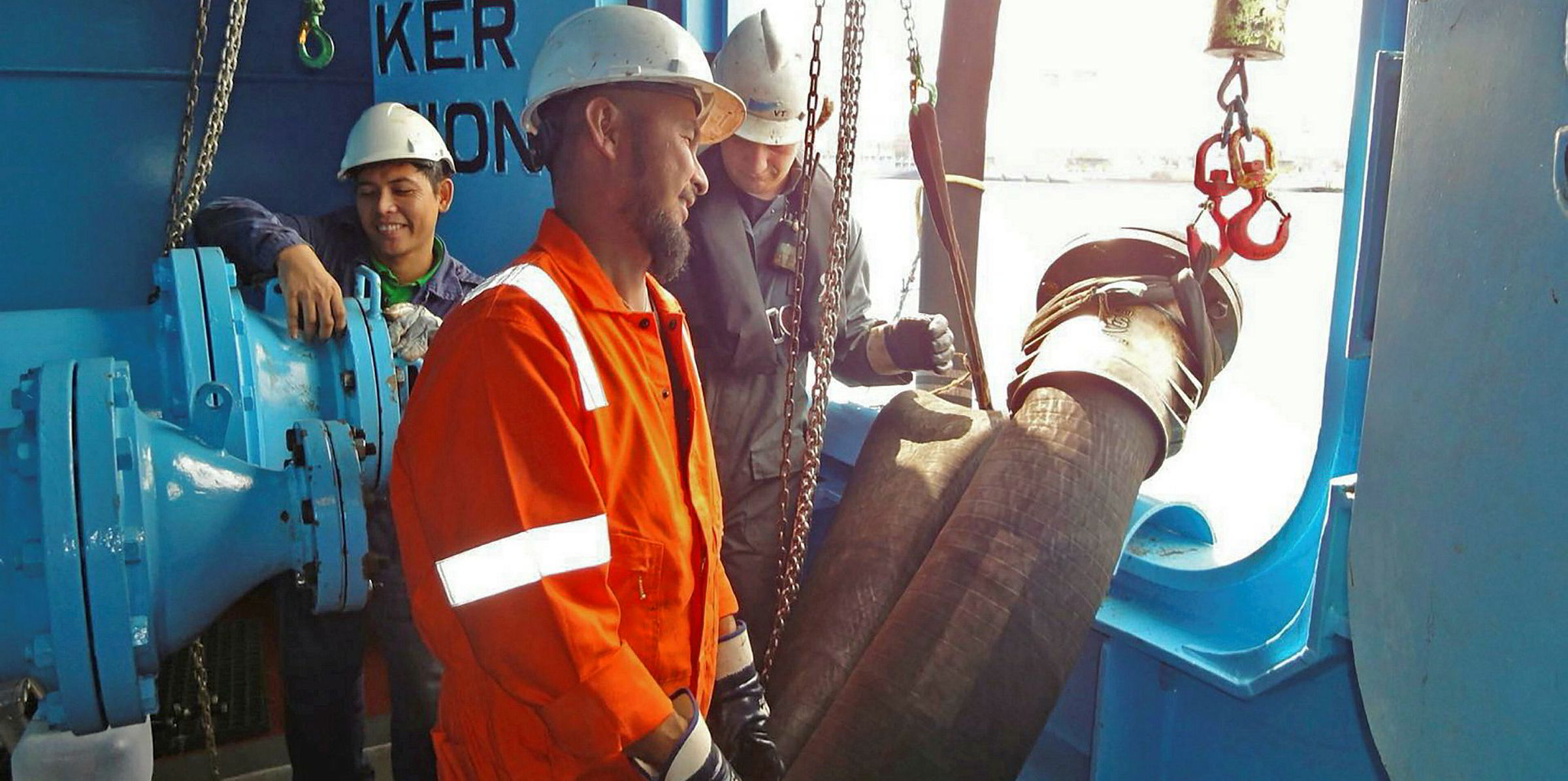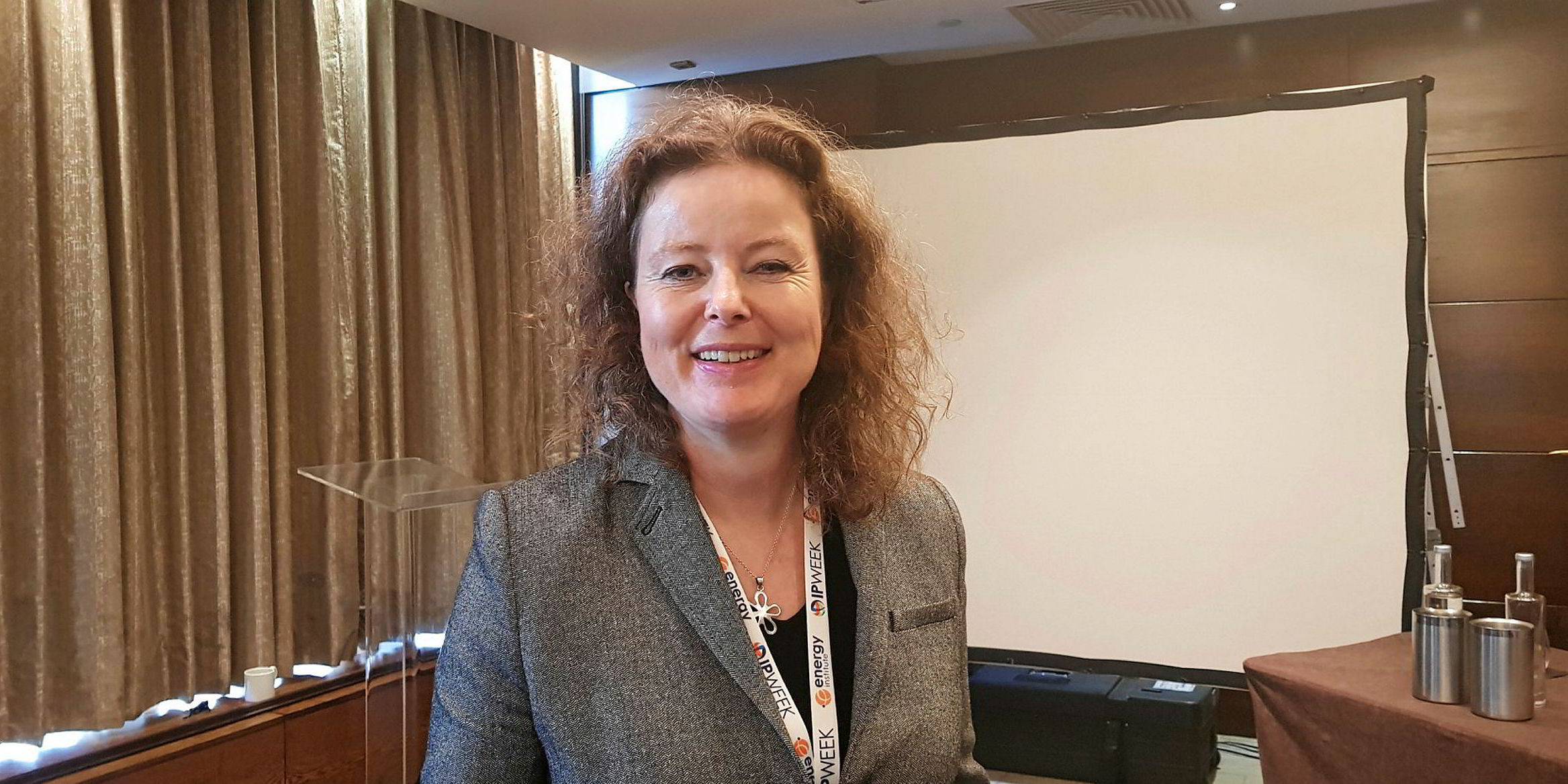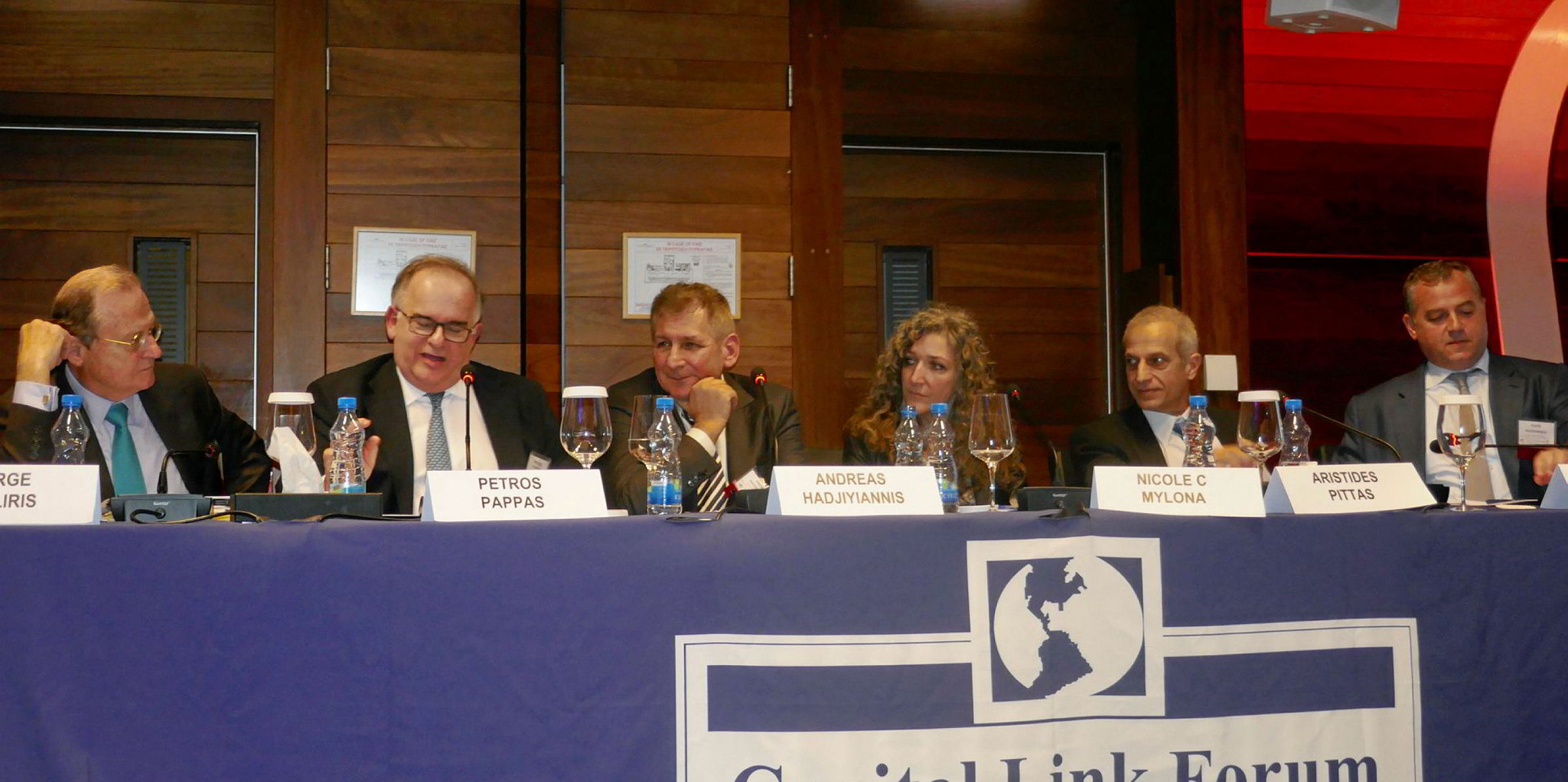Shipowners who are hoping for a soft approach in the early days of IMO 2020 will be disappointed.
Port state control (PSC) authorities round the world are preparing to enforce the 0.5% global sulphur cap from 1 January next year. The world’s largest PSC regions — the Tokyo and Paris MOUs — have already warned owners that failure to comply with the regulation could lead to vessel detention.
In the meantime, the main PSC authorities have been investing in training, technology and hardware to meet the challenge.
Some countries have already lined up fines for IMO 2020 non-compliance. But the most costly development for owners could be whether they are forced to de-bunker non-compliant fuel.
Delays and costs
Nicholas Woo, a shipping partner at Birketts, says fines could be cheaper than prolonged detention. “If PSC authorities act in the spirit of the regulation and make vessels debunker non-compliant fuel, then that will lead to a lot of delays and costs.”
IMO guidelines provide a compliance checklist for inspectors.
The bunker delivery note and onboard samples will be the first stage of evidence for shipowners who will be asked to prove they are using compliant fuels. After that, fuel testing is likely only if there are firm grounds to suspect the vessel may be out of compliance.
Tokyo MOU secretary Hideo Kubota tells TradeWinds: “Fuel testing needs to be carried out only when there is clear ground for believing fuel oil used by a vessel [is] not meeting 2020 sulphur cap requirements.”
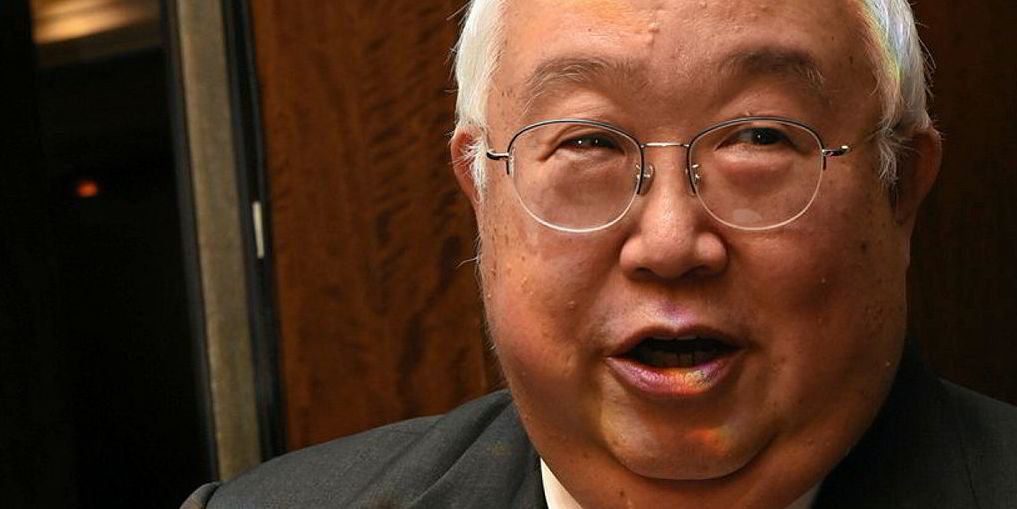
He is aiming at a “consistent and harmonised” implementation of the regulation across the region and describes the IMO’s PSC guidelines as “sufficient”.
International Chamber of Shipping (ICS) technical director Sunil Krishnakumar says owners have nothing to fear if they follow the IMO’s implementation template and have a detailed compliance plan.
“Document everything,” he advises. “As long as you can demonstrate to PSC that you have a compliance plan in place, and have done your best to stick to it, then you will have nothing to be concerned about.”
The IMO has developed a standardised fuel oil non-availability report (FONAR), which will allow shipowners to demonstrate their attempts to buy compliant fuel if they have not been able to source it. But it also allows an opportunity for owners to turn down compliant fuel if they believe it could be dangerous.
However, ICS deputy secretary general Simon Bennett has warned that FONARs should not be regarded as a “free pass” to get out of the new regulation.
Inspectors monitoring sulphur emissions have been well briefed on the changes.
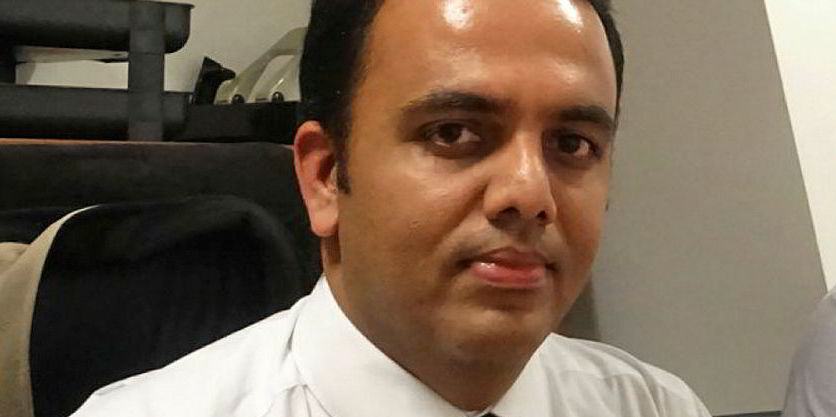
The European Maritime Safety Agency (EMSA), which calculates the annual ship inspection and sampling commitment for European Union countries, has been training about 40 inspectors per year from member states since implementation of the original sulphur directive in 2015. Canada has also been sending its personnel over to join the sessions.
Georgios Christofi, head of environment and capacity building at the EMSA, says his department has created an e-learning model for the directive to accompany the two-and-a-half-day seminars.
In addition, Portugal-based EMSA arranges for inspectors to go onboard ships in the port of Lisbon for a practical review with the authority, often selecting scrubber-fitted or LNG-fuelled vessels to get different perspectives.
Christofi, who has taken part himself, says: “I think it is one of our best trainings because it is really hands on. We do our best to train inspectors and to provide them with guidance to safeguard uniform implementation of the enforcement regime.”
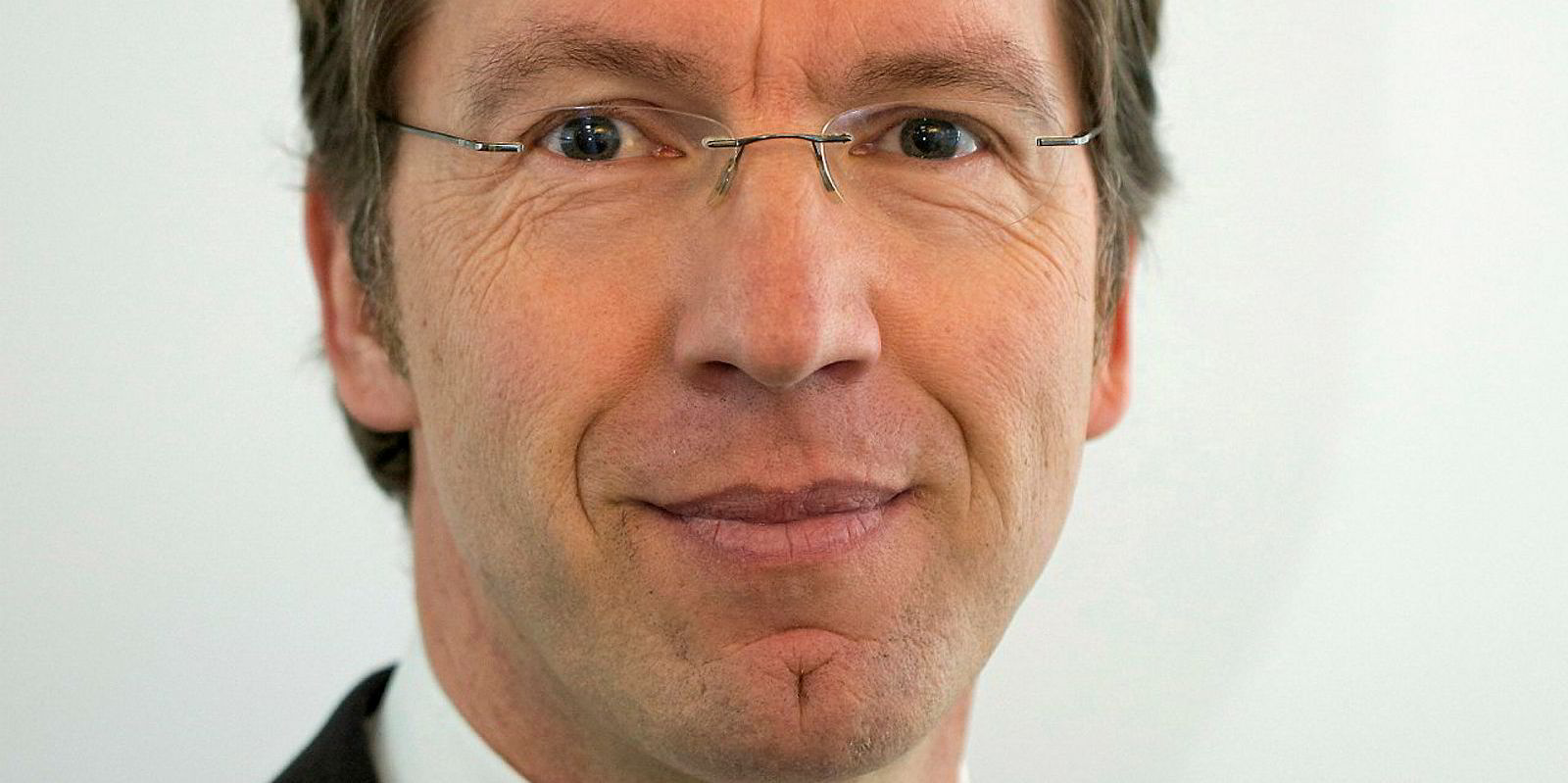
The EMSA aims to keep a level playing field in the EU and through the Mediterranean and Black Sea regions, he says.
The agency also has a new tool up its sleeve. “We have developed a web service where measurements from drones could be used to create an alert for a potentially non-compliant fuel,” Christofi tells TradeWinds.
Over the past few years, EMSA has been developing remotely piloted aircraft system (RPAS) services to monitor ship emissions or pollution, as well as for search and rescue.
Member states can apply for these services and the data can be sent direct to the EMSA from the drone or via the authority deploying it.
Limited budget
Leendert Bal, EMSA’s head of operations, says there has been interest from member states but the budget is limited.
This year, he says, there will be three drone deployments for emissions detection in Denmark, France and Greece. The first of these will kick off in Denmark next month.
Christofi says that for the 2020 sulphur cap, a ship should not be penalised purely from drone measurements.
“There will not be more detentions or inspections from the use of RPAS, but a more rationalised way of selecting ships because these [measurements] could potentially identify a non-compliant ship,” he says.
